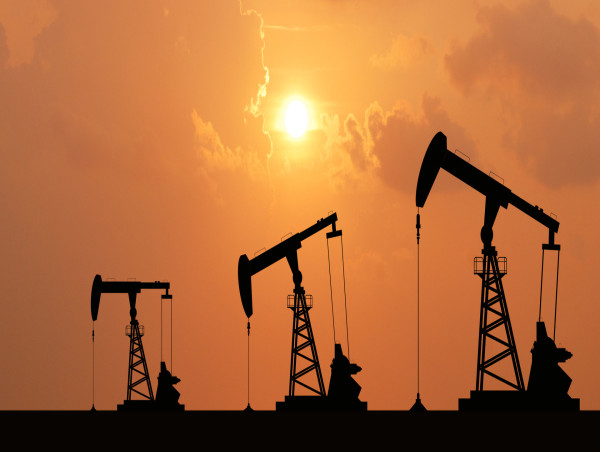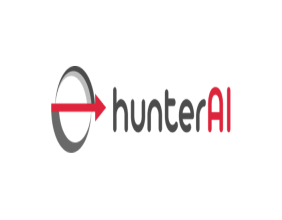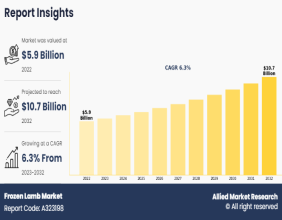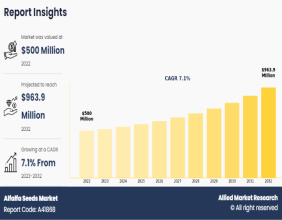William P. Morrow, a workplace injury attorney at Morrow Law Firm in Opelousas, Louisiana, emphasizes the importance of understanding these legal protections. “The oil and gas sector presents unique hazards. Workers injured on the job often fall under overlapping legal systems that can include state workers’ compensation, federal maritime laws, and general negligence claims, depending on the nature and location of the work,” said Morrow.
Morrow Law Firm is led by William P. Morrow, John Michael Morrow, Jr., and Stephen M. Morrow and handles workplace injury cases throughout Louisiana.
Workers’ Compensation Coverage for Onshore Oil and Gas Employees
Employees working on land-based oil and gas operations—such as those on drilling pads, refineries, or storage facilities—typically fall under the Louisiana Workers’ Compensation Act. This law provides medical benefits and wage replacement to workers injured in the course of their employment, regardless of fault.
Covered injuries can include falls, crush injuries, chemical burns, respiratory conditions from fume exposure, repetitive stress trauma, and heat-related illnesses. To receive benefits, the injury must be reported promptly, and the worker must follow designated medical protocols, including treatment by an employer-approved physician in many cases.
Workers’ compensation claims are not contingent on proving employer negligence. However, compensation is limited to specific benefits, and workers generally waive the right to sue their employer directly in exchange for these guaranteed provisions.
Offshore Injuries and the Jones Act
For workers injured on offshore drilling rigs, production platforms, or vessels, the legal framework often includes federal maritime laws. The Jones Act, a federal statute, allows qualifying offshore workers—referred to as "seamen"—to file personal injury claims directly against their employer for negligence.
Under the Jones Act, employers may be held liable if unsafe conditions, lack of maintenance, improper training, or equipment failures contributed to the injury. In contrast to workers’ compensation, the Jones Act allows for a broader range of damages, including pain and suffering, lost future earnings, and mental anguish.
To qualify under the Jones Act, the worker must spend a substantial portion of time working aboard a vessel in navigation. Offshore drilling platforms that are fixed to the seabed may fall under different laws, including the Longshore and Harbor Workers’ Compensation Act (LHWCA), depending on the structure and function of the jobsite.
Longshore and Harbor Workers’ Compensation Act (LHWCA)
The LHWCA applies to certain oil and gas workers who are injured while working on or near navigable waters, such as in loading, unloading, repairing, or building vessels. It covers those who do not qualify as seamen under the Jones Act but still perform maritime-related work.
LHWCA benefits are generally more comprehensive than state workers’ compensation and may include medical expenses, rehabilitation, and wage replacement. This federal law also protects workers from retaliation for filing claims.
Third-Party Liability in Oil and Gas Injury Cases
In complex oil and gas operations, multiple contractors and subcontractors often work side by side. If a worker is injured due to the actions of a third-party company—not the direct employer—Louisiana law allows a personal injury claim against the responsible party.
These third-party claims may involve equipment manufacturers, maintenance crews, logistics companies, or other contractors operating at the same site. In such cases, compensation may include damages beyond those allowed in a standard workers’ compensation claim, such as emotional distress or punitive damages, when applicable.
Common Injury Scenarios in Oil and Gas Work
Oil and gas operations carry significant risk due to the nature of the equipment, materials, and environmental conditions involved. Some of the most common injury types in these settings include:
Burns from flammable gases and chemicals
Crush injuries from moving machinery or pipe handling
Traumatic brain injuries from falls or falling objects
Respiratory illness from long-term exposure to toxic fumes
Amputations from drilling and rotating equipment
Spinal injuries from slip and fall incidents on wet or unstable surfaces
Each of these injuries may trigger different legal protections depending on employment classification, jobsite location, and the employer’s status.
Reporting Requirements and Legal Deadlines
Injured workers must adhere to specific deadlines when filing for compensation or initiating a legal claim. Under Louisiana workers’ compensation law, a report must generally be filed within 30 days of the injury. Jones Act and LHWCA claims have different reporting and filing timelines, with some extending up to three years, depending on the circumstances.
Timely documentation of the injury, medical treatment, and working conditions is crucial. Delays in reporting or seeking legal guidance can result in denied benefits or loss of legal rights.
Morgan Thomas
Rhino Digital, LLC
+1 504-875-5036
email us here
Visit us on social media:
Facebook
Legal Disclaimer:
EIN Presswire provides this news content "as is" without warranty of any kind. We do not accept any responsibility or liability for the accuracy, content, images, videos, licenses, completeness, legality, or reliability of the information contained in this article. If you have any complaints or copyright issues related to this article, kindly contact the author above.
![]()




